Pride events in smaller towns foster community, support homegrown talent and highlight local services, such as gender-affirming health care.


Pride events in smaller towns foster community, support homegrown talent and highlight local services, such as gender-affirming health care.
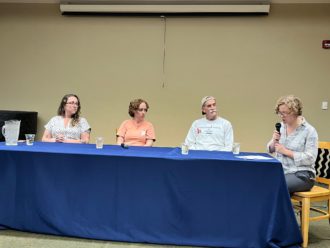
“I was brought to a room at one point as a county employee, with major county and city staff, and basically told to shut up,” Amy Upham, who worked as opioid response coordinator for Buncombe County Department of Health and Human Services (BCDHHS) from 2019-21, told an audience at Pack Memorial Library last week.

In the wake of a Supreme Court ruling allowing businesses to refuse LBGTQ customers and an overall hostility from certain segments of the population, planning for this year’s Pride festival is a little more complex.
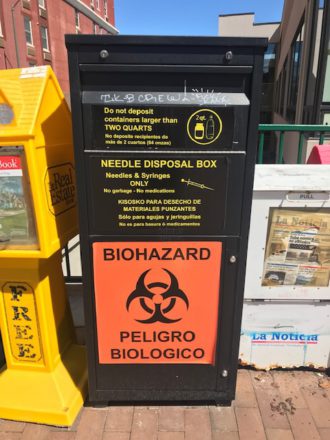
In September 2018, Malaprops Bookstore/Cafe placed its first needle disposal boxes in its bathrooms. “We were finding needles in the bathroom on the floor,” explains lead bookseller Justin Souther. Sometimes, people would open the top of the toilet tank and hide used needles inside, he says.
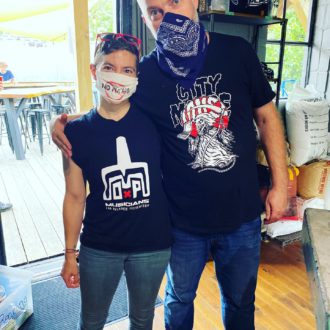
Asheville-area musicians and harm reductionists work together to reverse a troubling trend.
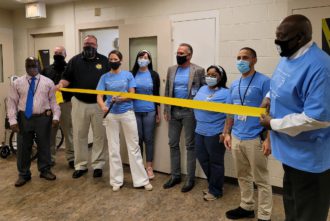
A year after the Buncombe County Detention Facility expanded its medication-assisted treatment program, Buncombe County Sheriff Quentin Miller says it’s time to put the successful service “in four-wheel drive.”

According to the Opportunity Insights Economic Tracker, the employment rate among Buncombe County workers making $27,000 or less per year was 30.2% lower in mid-September than at the start of 2020. By comparison, jobs making over $60,000 annually were down just 3.4% on the year.
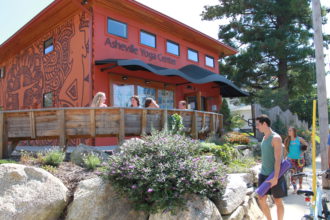
Asheville Yoga Center, a pillar of the city’s emerging “wellness district” in the area around South Liberty Street, is up for sale. The transition represents the next phase of changes brought about by the divorce of the center’s founders, Stephanie and Sunny Keach, according to Melissa Driver, the company’s general manager. Also in brief: prostate cancer screening tips for men, new programs and services and a new website that illustrates the impact of the opioid epidemic on the local community.
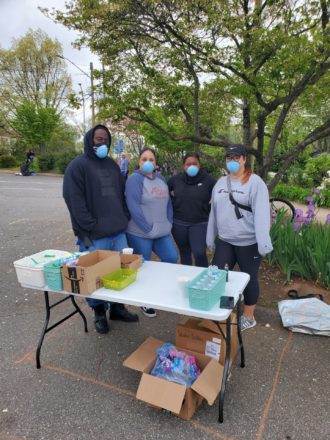
“We’ve got an epidemic within a pandemic,” says Kevin Mahoney with the Mountain Area Health Education Center. Social distancing, job losses and drug contamination associated with COVID-19 have all complicated local efforts to manage the impacts of opioid use.
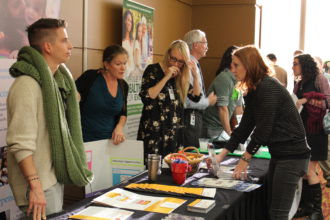
Over 100 members of the community attended Let’s Talk Opioids, described as a “community update and conversation on opioid crisis response in Buncombe County.” The standing room-only crowd listened as in-the-trenches experts presented information, including the Mountain Area Health Education Center, Vaya Health, Asheville Fire Department, Buncombe County Health and Human Services and the N.C. Department of Justice.